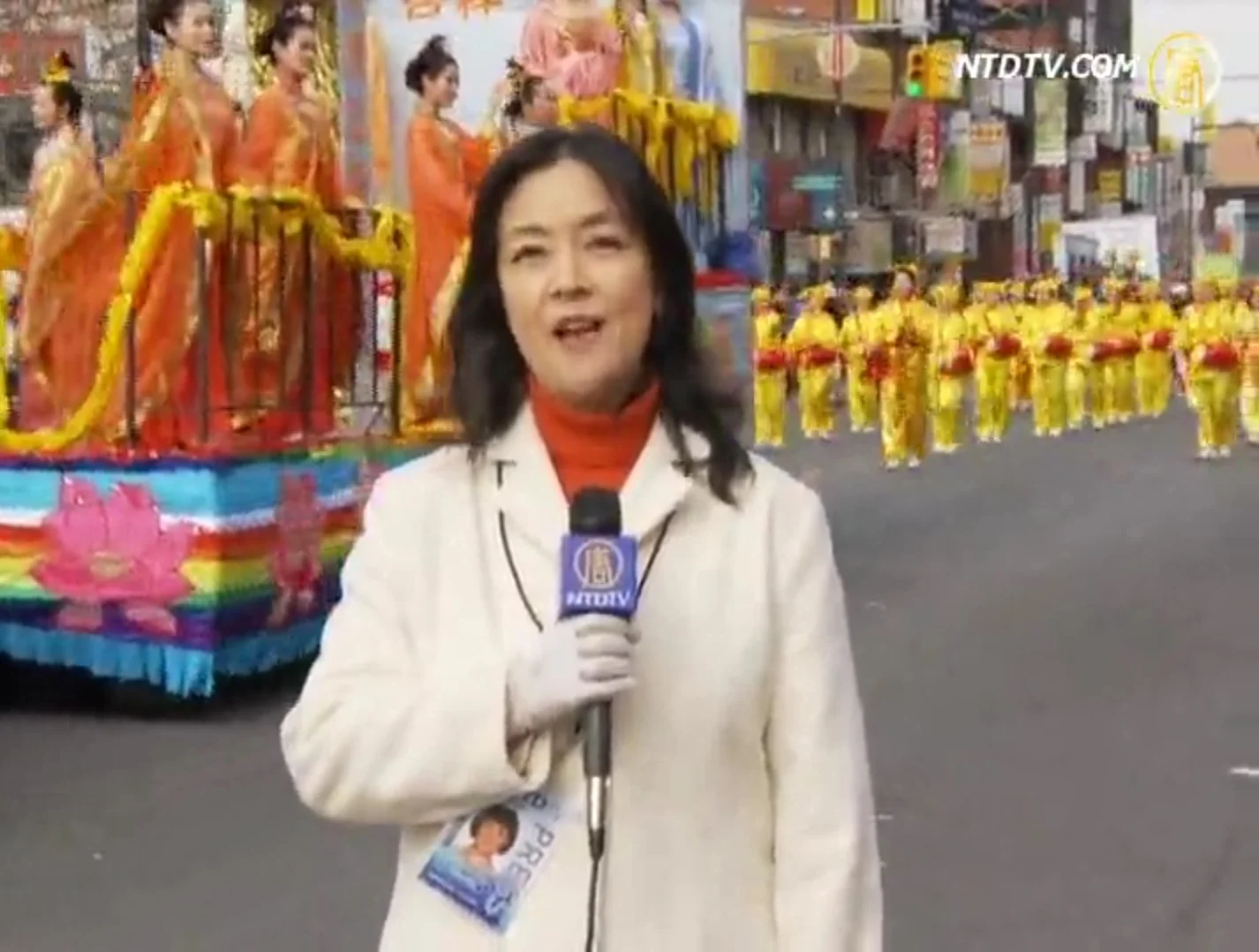Regime of Fear
By Helene Chung Martin
When five Chinese citizens set themselves on fire in Tiananmen Square in January 2001, Falun Gong made world headlines. Horrified practitioners of the traditional form of Qigong (like Tai Chi) claimed that none of the five were practicing Falun Gong and dissociated themselves from the tragedy, in which one person died. Today, Falun Gong still sees itself as a victim of the government conspiracy to discredit its 100 million faithful.
Sydney-based practitioner Jennifer Zeng asks: Why did police, some thirty fire engines and cameramen arrive within a minute? How did they obtain distant, mid-range and close-up images of the self-immolation from so many different angles unless it had been prearranged? Zeng suggests answers to these and other questions in her book Witnessing History.
For her disciplined practice of Falun Gong-condemned as an “evil cult” by senior leader Jiang Zemin, the Sichuan-born science graduate and investment consultant was sentenced to one year’s re-education through labor at a camp outside Beijing. In 2001, five months after her release, she farewelled her husband and daughter and found refuge in Australia.
Zeng recalls her camp swelling from some two hundred inmates to about a thousand as more Falun Gong practitioners challenged China’s one-party state. Cramped inside a cell with six fellow followers and a drug addict, she was allowed two minutes, morning and night, for ablutions, and five minutes for each of her daily three meals. Knitting for unending hours, she produced jumpers. Outside, she was ordered to remodel a rubbish dump into lush grass. With her hair shorn and in unwashed prison garb, in the soaring heat, she was soon “caked on a thick layer of dried sweat and dirt that you could chip off in chunks”. Torture assumed various forms: she was forced to squat in the sun all day, with hands clasped behind her lowered head; she stood for sixteen hours, reciting Communist Party regulations on conformity; she was deprived of sleep; she endured electric prods; shocks rained down, “each jolt making me tremble uncontrollably as it pierced me with a violent burning sensation”.
I have met Zeng in Melbourne and found her gentle and mild-mannered. Now, while reading of her torment and her determination to defy the authorities in China, I find myself pleading with her: “Why? Why insist on naming yourself ‘Falun Gong’? Why not be with your family and just practice privately? Why publicize your beliefs? China is a police state. To survive you can’t stand on principle. The underground Catholic Church keeps quiet on its links with Rome. Why challenge the system?”
Zeng claims Falun Gong restored her health. She tells of how blood transfusions after childbirth caused her to develop hepatitis C, followed by cirrhosis of the liver, which left her feeling constantly dizzy, a virtual captive at home, “so weak a breeze would almost blow me over”. Then Falun Gong transformed her life. It also injected her with missionary zeal. Compelled to exercise with others, usually in China’s public parks, she becomes as distressed by the loss of her textbooks as a devout Christian by the loss of a prayer book and committed herself to spreading the word.
Falun Gong purports to be a meditation and qigong group that upholds Truthfulness, Compassion and Forbearance. These tenets are central to many religions, including some tolerated in China, and to ordinary good citizenship. So why does the regime feel so threaten by Falun Gong as to have persecuted to death more than a thousand followers, and to have imprisoned tens of thousands in labor camps? Zeng cites both these figures and claims that China spends over one million yuan (about A$150,000) daily on security in Tiananmen Square.
To Beijing’s unelected leaders, Falun Gong’s threat lies in its mobilizing power. Founded in 1992 by the Chinese-born Li Hongzhi, Falun Gong by 1999 amassed ten thousand practitioners outside the Communist Party compound, Zhongnanhai. The size of this peaceful protest against government attacks surprised and shook the party. Individuals are free to meditate, practice qigong, make money and even to criticize the party but not to congregate except under party control.
Falun Gong’s media includes the US-based New Tang Dynasty television channel and The Epoch Times, both represented in Australia. In 2002 the group interrupted Chinese television in Heilongjiang Province with more than an hour of its own information and silenced an anti-Falun Gong broadcast in ten provinces. Having been paralyzed for weeks in 1989 by disorganized pro-democracy demonstrators-until crushed by tanks-the government began to fear the formidable global strategy of Falun Gong.
Although Zeng’s memoir, translated by Sue Wiles, could have been tightened by editing and of more value with an index, it is moving and well written. An unveiling of an indomitable soul and an expose of a cruel and fearful regime.
***********************************************************
This review was published on “Australian Book Review” in March 2005.
***********************************************************
Helene Chung Martin is an AUSTRALIAN JOURNALIST, AUTHOR & SPEAKER. She has reported from Australia, Hong Kong, Britain, Egypt and China and freelanced for BBC, CBS, NPR, NZBC and Hong Kong radio.







